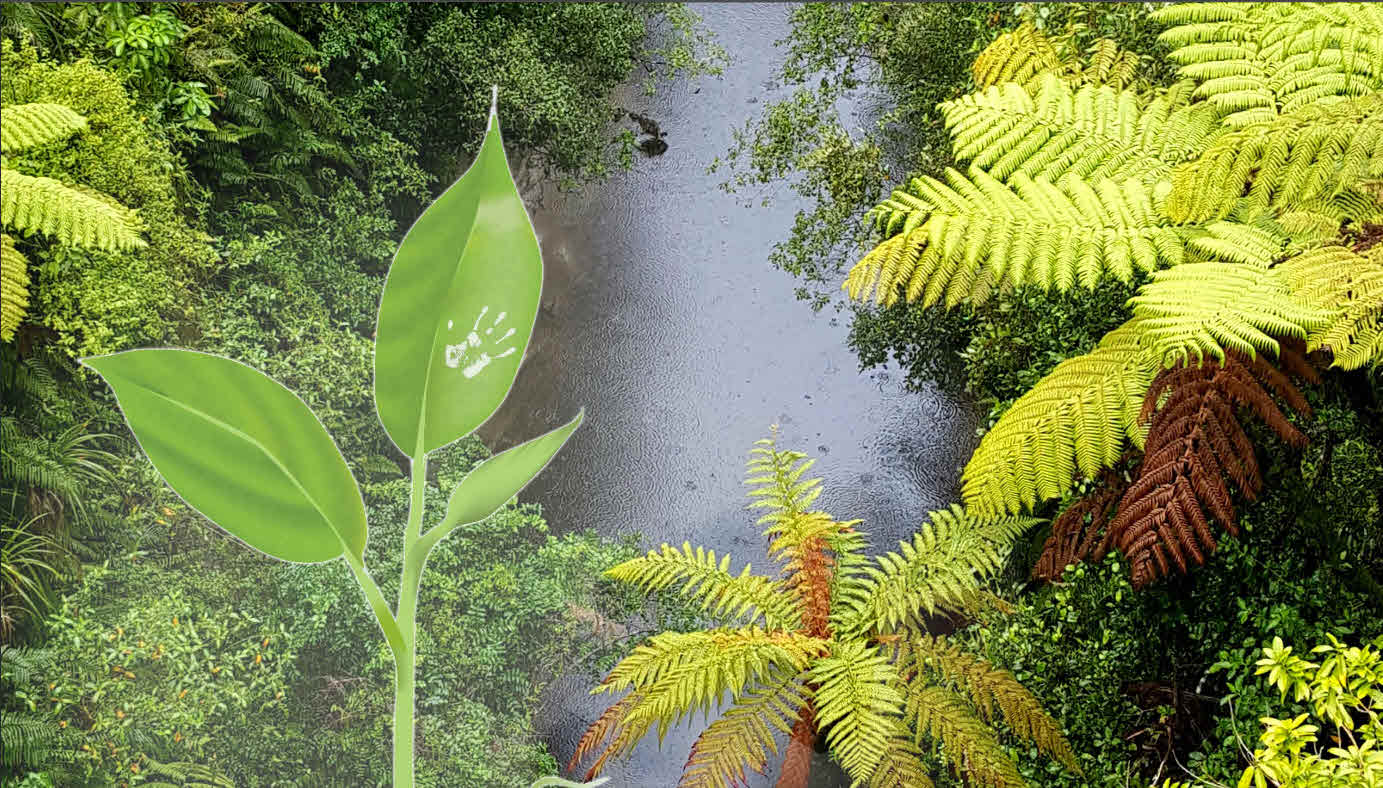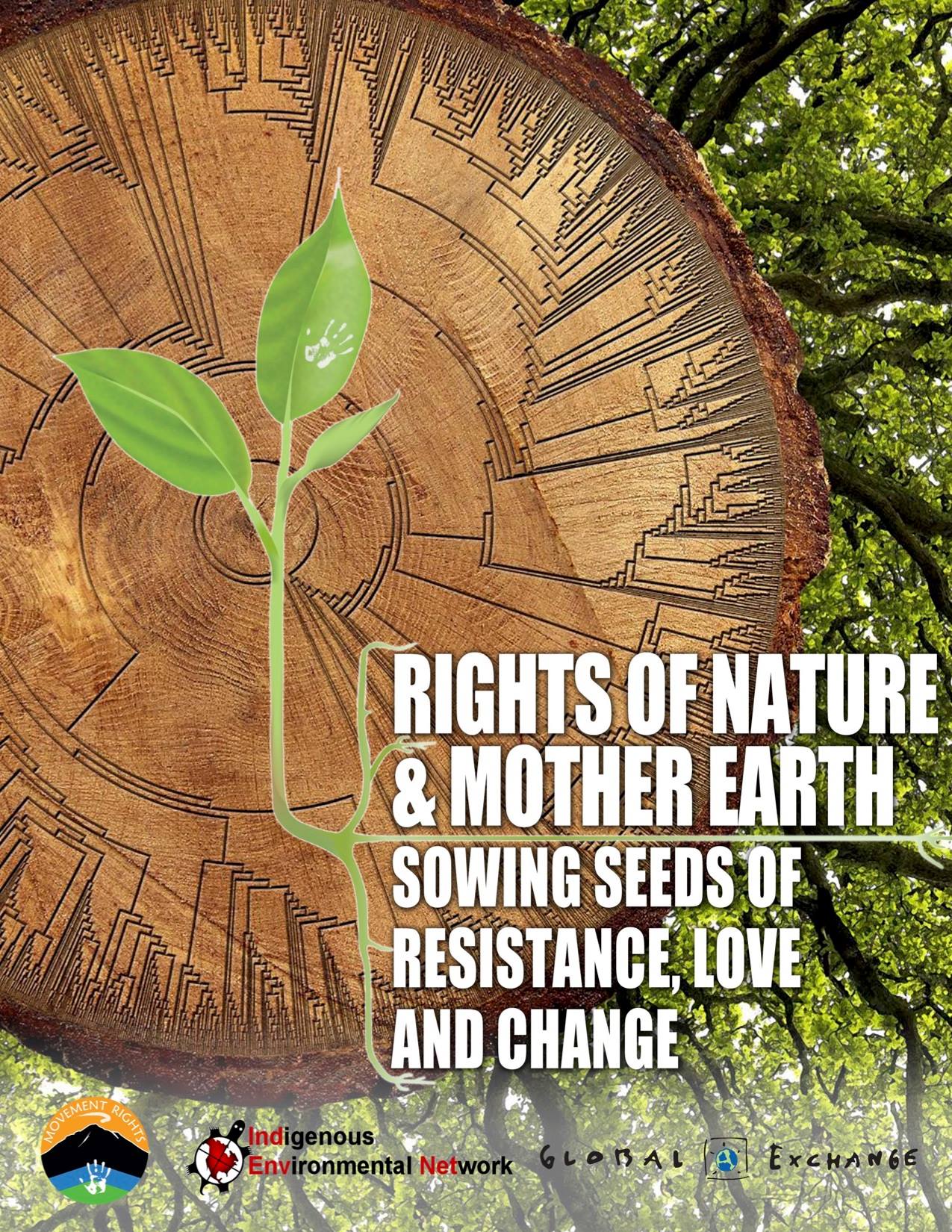AlterNet / By Shannon Biggs and Mari Margil
Our environmental laws and regulations, rather than put in place protections for the environment, instead seem to be written to exploit it. Here’s what can we do about it.
Excerpts from The Rights of Nature: The case for a Universal Declaration on the Rights of Mother Earth, produced by the Council of Canadians, Global Exchange and Fundacion Pachamama.
 “It takes thousands of years for individual drops of rain to maneuver through silent passages and gently accumulate into underground aquifers. Purified and enriched over the millennia by mineral deposits deep in the earth, groundwater is the sacred lifeblood of local watersheds upon which all life — including human communities — depend. Yet it takes no time at all to destroy this delicate balance. In fact, all it takes is a simple piece of paper.
Steeped in colonial history, Nottingham, New Hampshire, could be a picture postcard of quaint village life in New England. Yet in 2001, this tiny rural village of 4,000 residents became the poster child for too familiar “site-fights” between small towns seeking to protect local water and large multinational corporations seeking to extract it. It was then that the USA Springs Corporation applied to the state for a permit to extract more than 400,000 gallons of water a day from Nottingham’s local aquifer to bottle and sell overseas.”
“It takes thousands of years for individual drops of rain to maneuver through silent passages and gently accumulate into underground aquifers. Purified and enriched over the millennia by mineral deposits deep in the earth, groundwater is the sacred lifeblood of local watersheds upon which all life — including human communities — depend. Yet it takes no time at all to destroy this delicate balance. In fact, all it takes is a simple piece of paper.
Steeped in colonial history, Nottingham, New Hampshire, could be a picture postcard of quaint village life in New England. Yet in 2001, this tiny rural village of 4,000 residents became the poster child for too familiar “site-fights” between small towns seeking to protect local water and large multinational corporations seeking to extract it. It was then that the USA Springs Corporation applied to the state for a permit to extract more than 400,000 gallons of water a day from Nottingham’s local aquifer to bottle and sell overseas.”
 “It takes thousands of years for individual drops of rain to maneuver through silent passages and gently accumulate into underground aquifers. Purified and enriched over the millennia by mineral deposits deep in the earth, groundwater is the sacred lifeblood of local watersheds upon which all life — including human communities — depend. Yet it takes no time at all to destroy this delicate balance. In fact, all it takes is a simple piece of paper.
Steeped in colonial history, Nottingham, New Hampshire, could be a picture postcard of quaint village life in New England. Yet in 2001, this tiny rural village of 4,000 residents became the poster child for too familiar “site-fights” between small towns seeking to protect local water and large multinational corporations seeking to extract it. It was then that the USA Springs Corporation applied to the state for a permit to extract more than 400,000 gallons of water a day from Nottingham’s local aquifer to bottle and sell overseas.”
“It takes thousands of years for individual drops of rain to maneuver through silent passages and gently accumulate into underground aquifers. Purified and enriched over the millennia by mineral deposits deep in the earth, groundwater is the sacred lifeblood of local watersheds upon which all life — including human communities — depend. Yet it takes no time at all to destroy this delicate balance. In fact, all it takes is a simple piece of paper.
Steeped in colonial history, Nottingham, New Hampshire, could be a picture postcard of quaint village life in New England. Yet in 2001, this tiny rural village of 4,000 residents became the poster child for too familiar “site-fights” between small towns seeking to protect local water and large multinational corporations seeking to extract it. It was then that the USA Springs Corporation applied to the state for a permit to extract more than 400,000 gallons of water a day from Nottingham’s local aquifer to bottle and sell overseas.”
Copies of the book may be obtained through Global Exchange


